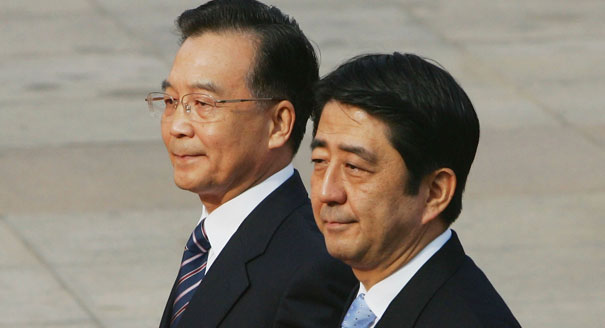The dramatic election victory of the Democratic Party of Japan marks the end of a half-century of nearly uninterrupted rule by the Liberal Democratic Party and could alter regional dynamics and the U.S.-Japan alliance. Two weeks after the party won national elections, Yukio Hatoyama formally took power as prime minister on September 16. In a new video Q&A, Douglas Paal, Carnegie’s vice president for studies, explains the significance of the new government and its impact on Japan’s relations with the United States.
Paal says the elections signaled “the initiation of a two-party system in Japan.” The U.S. will need to work hard to accomplish what the two countries normally accomplish, but in the end it is unlikely that Tokyo’s foreign policies will significantly change and Washington’s strategies in Asia “will not be deeply affected by this.”





